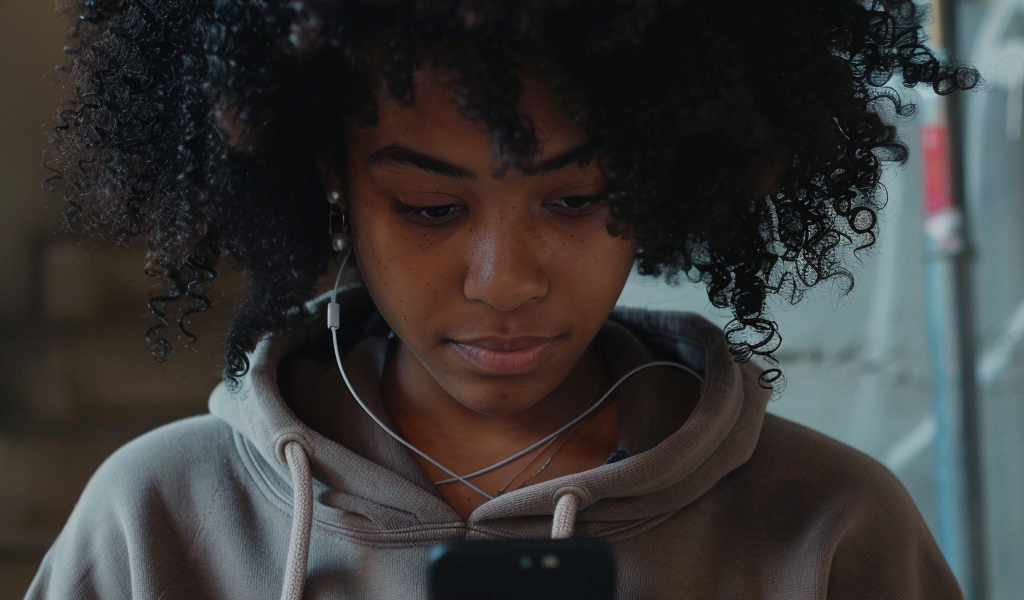A remarkable story of resilience and innovation emerges from Providence, Rhode Island, where a young woman, Alexis ‘Lexi’ Bogan, has found a way to reclaim her voice with the help of artificial intelligence technology.
Before a life-threatening tumor robbed her of her voice, Lexi was known for her exuberant singing and infectious laughter. However, following surgery to remove the tumor, she struggled to speak, leaving her friends and family unable to understand her words despite months of rehabilitation.
Thanks to advancements in AI voice-cloning technology, Lexi, now 21 years old, has regained a semblance of her old voice. Using a phone app that recreates her teenage voice from a short video clip, she can now communicate by typing text that the app reads aloud in her synthesized voice.
From ordering coffee at a drive-thru to engaging in conversations with loved ones, Lexi’s AI voice has provided her with a newfound sense of independence and agency. The technology, while offering immense benefits to individuals like Lexi, also raises ethical concerns regarding privacy and consent.
Experts caution against the potential misuse of AI voice-cloning, citing instances of deepfake robocalls impersonating public figures and the risk of violating individuals’ dignity by recreating their voices without consent.
Despite these challenges, Lexi’s story serves as a testament to the transformative power of AI in restoring voices and empowering individuals to communicate effectively. As technology continues to evolve, the ethical implications of AI voice-cloning remain a critical area of discussion in safeguarding privacy and upholding the integrity of human voices.





